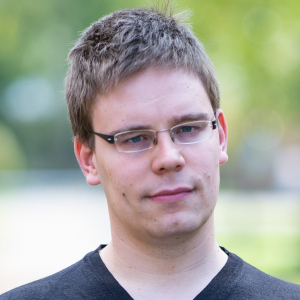Visual Education Posters and Ideal Citizenship
Research project
Population growth, urbanisation and housing shortage were common challenges all over the Europe at beginning of the 20th century. As understanding of the spread of diseases and their prevention advanced, authorities aimed to educate people in improving their daily habits – i.e. citizens were educated to take the responsibility of their own health. At the same time, the concept of the new, modern citizen evolved.
In our research project, we analyse and compare Finnish, German and Soviet posters educating citizens in improving their habits, living environments and, finally, their health. We aim in finding out, what were the methods and means of the visual health education of the 20th century, and what kind of ideals are pictured in health education posters. We ask, how the posters were part of the process of visually constructing the modern citizen. Our leading principle is that images do not only visualise the reality, but also take part to shaping, or creating it.
In the project we study the means of the visual public health education that sometimes has been labelled as ‘white’ propaganda and the way they take part to the process of creating an ideal citizen. In sum, we find out, how Finnish, German and Soviet citizens were educated to improve their health via poster campaigns, and what kind of ideals of modern life the posters created from the era of the so-called Spanish flu, or Great Influenza in 1918, to the COVID-19 pandemic.
In addition to analysing and comparing the means, methods and ideals of health education posters, our objective is to expand the awareness of the impact of visual health education; not only its concrete objective of keeping people healthy, but also the way it presents and creates ideals of modern men and women. We ask, is visual health education creating ideals of good citizens also in our day.
Questions of health and health education are always entangled with questions of authority and power: who has the power to define how we should live and what is ‘ideal’? The aim of health promotion posters is to affect the everyday lives and choices of citizens, and, simultaneously, an ideal citizen is presented. Analysing and understanding these ideals and the possible resistance of them is crucial from the viewpoint of contemporary health promotion. The history of health promotion campaigns can be understood also as history of crises and their prevention.
During his stay at ZZF Potsdam Olli Kleemola is Visiting Fellow in Department III: Media and Information Society
